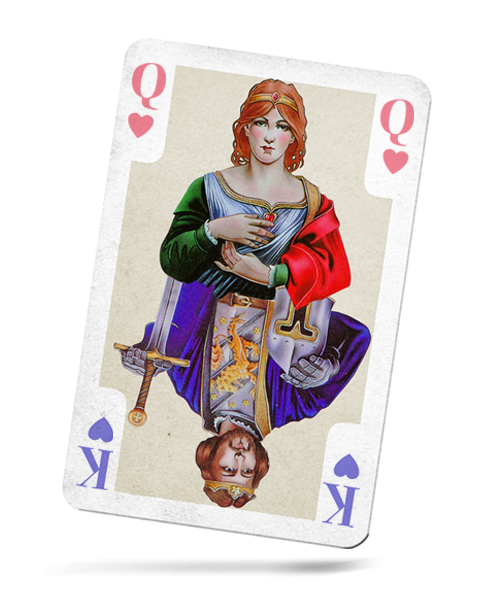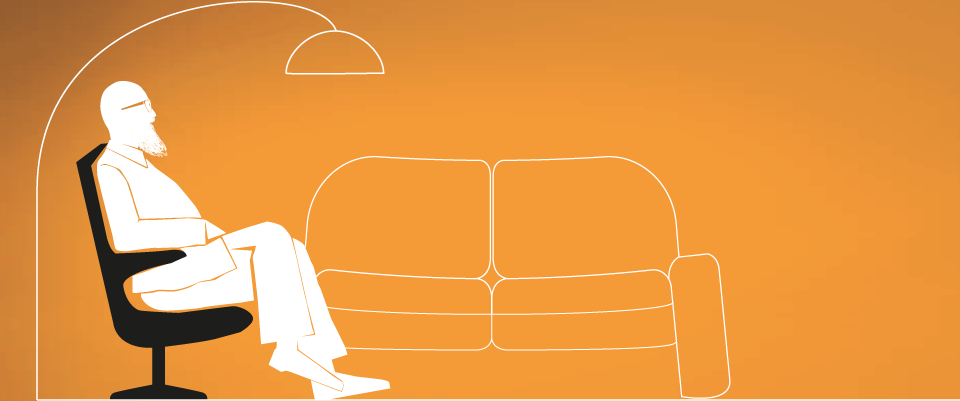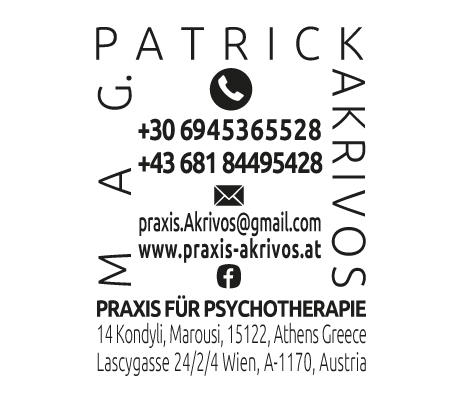My approach to couples therapy is founded in a humanistic and experiential approach which draws substantially from the principles of emotion theory and attachment theory. It is underpinned by the belief that emotions have an inherently adaptive potential which, if activated, can help the couple change their difficult emotional states and experiences.
I tend to use all my professional expertise and continuous trainings and research, in order to understand and support every couple during the journey of reconnection.
Contact me to book a “get to know each other” appointment to discuss any issue that troubles your relationship as a couple.
Couples Therapy: Reconnecting the relationship!
Are you there for me? Are you Accessible when I need you? Are you Responsive when I call? Are you Engaging with me when I miss you?
These compelling questions are underlying most conflicts in distressed relationships, no matter what an immediate trigger for the conflict may be on the surface.
The Couples Therapy facilitates partners to move from distress to loving reconnection by transforming negative patterns of interaction into safe emotional connection.
Emotions are associated with our key needs and can alert us to situations important to our development and well-being. They can also steer us in these important situations to take action towards meeting our needs. Attachment theory views emotions as essential in the experience of self; in both adaptive and maladaptive functioning and in therapeutic change.
Attachment is sustained by responsiveness and availability of the partner or attachment figure, and by emotional engagement and contact. When those are felt to be uncertain, attachment becomes insecure and partners will fall into a pattern of protest, clinging, depression or despair and detachment. This is why interactions of distressed couples are usually characterized by negative cycles where one partner is pursuing while the other withdraws. These interactions can soon become stuck in rigid, dysfunctional patterns and stay that way until the underlying need for secure attachment is identified and addressed.
One of my key tasks therefore is to help the couples identify and understand the underlying emotions that keep them stuck in those rigid positions and negative interaction cycles. Once these have been identified, I facilitate the development of a different kind of interaction within the session which leads to change a reactive emotion with positive emotions of attachment.
When a relationship is in distress we tend to start a habitual ‘dance’ which Sue Johnson, the founder of Emotionally Focused Therapy for Couples, calls the Demon Dialogues. One person starts complaining and criticizing and gets angry and the other starts defending and stonewalling. The couple gets caught up in this negative dance which takes on a life of its own as it gains momentum, and very soon we see the other person as the enemy.
Couples Therapy helps the partners identify the patterns of blame and distancing and where the misunderstandings are. They begin to appreciate their own and their partner’s vulnerability and to be able to speak a deeper truth of what they are feeling and needing in the relationship. One of the goals of Couples Therapy is to show couples that love comes from feeling that your partner is emotionally available to you, that what is important can be shared and received and that you are special and important to them.
An insecure relationship often results in negative cycles that cause painful emotions and suffering. The partners' needs are only partially met despite their mutual efforts. Triggers are often misunderstandings or differences, stressful or dramatic life situations in which one partner cannot be as present and available for the other as before, and fears from the past that the partners bring into the relationship. Trust is diminished; each acts to protect themselves instead of opening up to the other. This is when vicious cycles set in, leading to dead ends. Here is an example of a very common pattern: the more one makes demands and reproaches, the more the other withdraws, closes up or runs away; the more one puts pressure, attacks, criticizes or even withdraws, the more the other shields themselves, gets angry, or internally disconnects. These dynamics become entrenched in the relationship and gain incredible force, because the partners have such an enormous impact on each other. They are quick to react, quick to defend themselves, and quick to reinforce barriers by hurting each other. It is very difficult to break these mechanisms of interaction. They develop a life of their own, tending to take over you and your relationship.






